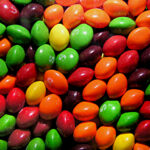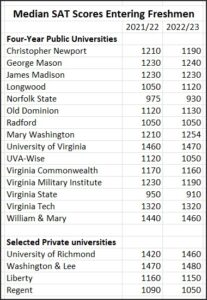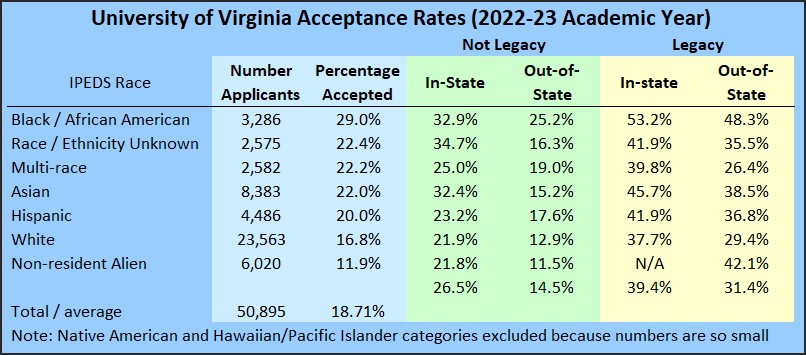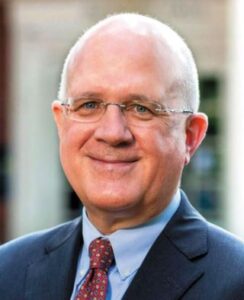In Bacon’s Rebellion, Jim Sherlock makes a novel point that I haven’t seen discussed elsewhere. The University of Virginia and other elite higher-ed institutions are thriving in an age of declining student enrollment because they are perceived as elite. That perception depends in large measure upon the fact that some of the smartest, highest-achieving students in the country go there. However, by extending the decision to make SATs and ACT scores optional and substituting subjective admissions criteria, UVa is admitting a student body marked by a greater variability in academic aptitude. It remains to be seen if the decline in academic exclusivity will undermine its reputation as an elite institution. But it very well could.
How will UVa reconcile the tension between subjective admissions criteria and its pretense to be an exclusive, elite academic institution? Will it accept a higher attrition rate of less academically prepared students? Will it bolster lower-achieving students with intense tutoring and academic support? Will it steer the lower-achieving students into “gut” courses and majors? Or will it lower academic standards and embrace grade inflation?
Given the acceleration of grade inflation at UVa in the past five years, Virginia’s flagship university appears to be settling for a policy of incrementally compromising its standards of academic excellence. The obvious advantage of this approach is that it is hard to detect and easy to deny, and the results won’t be evident until the current leadership has retired or moved on.
— JAB









